
Co-founders Elle Smyth and Sarah Hamer came up with the idea while working together at supply chain unicorn startup, Stord.
“We met each other and bonded over our love for the supply chain industry,” Smyth told TechCrunch.
Warehouse workers have to reference “phone book-sized” manuals of how to ship items to retailers, like Target and Walmart.
If shipping/warehouse workers don’t pack these items correctly, retailers will charge the brands fees, known as a chargeback.
RetailReady replaces those manuals with a digital version that gives workers a directed workflow on how to pack an order correctly.

Despite having 47 IPOs, 28 M&As and 58 FDA-approved drugs under its belt, the 13-year-old multi-stage healthcare and life sciences firm took two years to raise its sixth fund.
On Wednesday, Foresite announced that it closed its sixth fund with $900 million.
Last summer, Foresite co-led a $115 million Series F into CG Oncology, a drug discovery company that had a successful IPO listing in January.
Foresite intends to back about 20 companies from its sixth fund, writing checks from a couple of million up to $75 million.
“Over a decade ago, we named the firm Foresite because we thought we had an idea of where healthcare was headed,” Tananbaum said.

The promise of Restate is that it is so fast and lightweight that it will allow developers to use it where traditional workflow systems would’ve been too slow and resource-intensive.
The open-source platform Temporal, for example, offers a somewhat similar feature set, though the Restate team would likely argue that its system is faster and more lightweight.
Virtually every modern application today consists of chains of workflows that are handled by a distributed set of services that have to reliably talk to each other.
He believes this will make the service usable in situations where you’d not classically use a workflow engine — think e-commerce shopping carts, for example.
“[Restate] does the classical workflows code things, just on an extremely lightweight foundation — and it goes a little further than just standard workflow use cases.
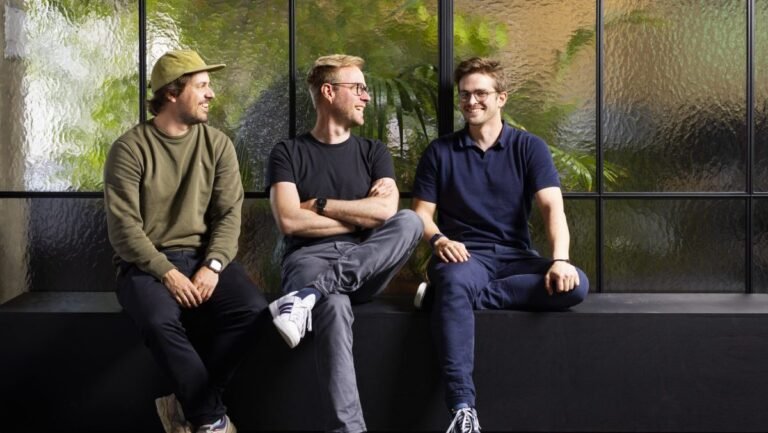
Gorilla, a Belgian company that serves the energy sector with real-time data and analytics for pricing and forecasting, has raised €23 million ($25 million) in a Series B round led by U.S. venture capital firm Headline.
Founded in 2018, Antwerp-based Gorilla works with energy providers across Europe, the U.S. and Australia, including British Gas’ parent Centrica, Shell Energy, and Atlanta, Georgia-based Gas South.
Throw into the mix geopolitical factors such as the Russia-Ukraine conflict, ever-evolving regulations, increasingly distributed energy sources across fossil and renewables, and the increasing use of connected technology, and we now have fertile ground for data-focused energy startups to flourish.
“No one knows what the energy sector will look like 10 years from now,” Gorilla’s co-founder and CEO, Ruben Van den Bossche, said in a statement.
Other participants in the round include the startup’s existing investors Beringea and Belgian private equity firm, PMV.
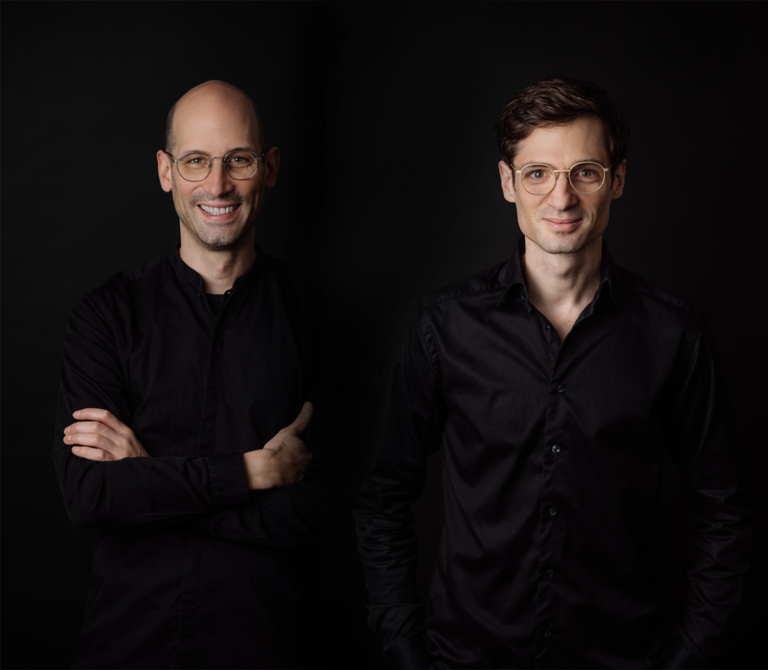
Tech sovereignty has become a looming priority for a number of nations these days, and now a startup working in semiconductors has received a major boost in aid of that effort for Germany and Europe.
The sum is one of the largest to date raised by a European startup working in semiconductors.
Black is a spin-out from the University of Aachen co-founded by brothers Daniel and Sebastian Schall (respectively the CEO and CFO).
The funding, a Series A, is important not just for its size but also because of the intention behind it.
Porsche Ventures and Project A Ventures are co-leads, with participation from Scania Growth, Capnamic, Tech Vision Fonds, and NRW.BANK.

When generative AI tools started making waves in late 2022 after the launch of ChatGPT, the finance industry was one of the first to recognize these tools’ potential for speeding up the data-gathering and research process.
MIT alumni Jacob Chanyeol Choi and Subeen Pang founded Linq after they won the Samsung Open Collaboration in 2023, an accelerator-like program hosted by Samsung Financial Network.
Choi told TechCrunch that win spurred him to build large language models (LLMs) for enterprises, particularly the financial sector.
“We knew the potential for a tool that could seamlessly integrate with a company’s data ecosystem, which led to the birth of Linq,” Choi said.
In addition to its B2B service for enterprise clients, the startup also plans to build B2C tools for AI equity research.
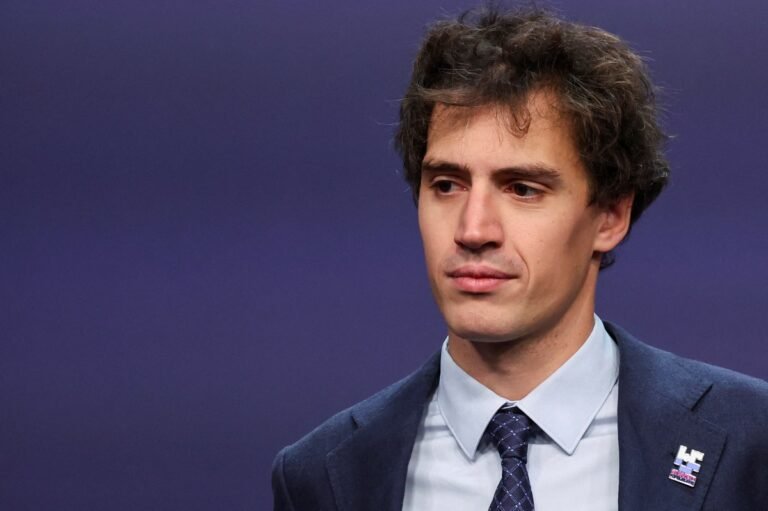
Mistral AI has closed its much rumored Series B funding round with General Catalyst leading the round.
The company has secured €600 million (around $640 million at today’s exchange rate) in a mix of equity and debt.
As a reminder, Mistral AI is a relatively new entrant in the artificial intelligence space.
It also has distribution partnerships with cloud providers, such as Microsoft Azure — Microsoft is also a minor shareholder in Mistral AI.
According to the Financial Times, Mistral AI raised €468 million in equity and €132 million in debt (around $500 million and $140 million respectively).
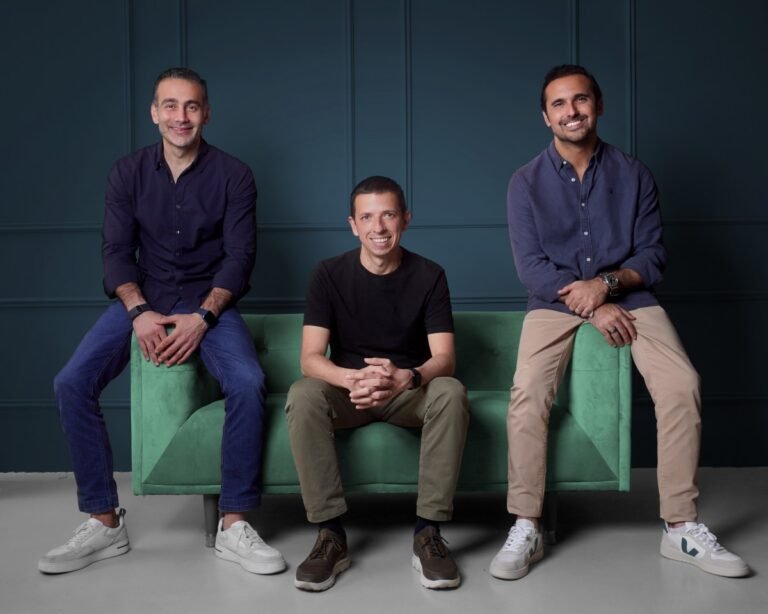
The UAE is home to most of its customers, and people from Saudi Arabia and Kuwait form the bulk of its international customer base.
Entering Saudi ArabiaStake claims it has surpassed Dubai-based fractional property investment platforms like Smartcrowd, but it will be starting afresh in Saudi Arabia.
Property investment companies therefore set up special purpose vehicles through which they let investors buy real estate.
“Saudi Arabia has properties that are recently completed and under development that are worth billions.
We are going to use [our] experience to offer a similar unified product for investment in Saudi Arabia within the same app,” Mahmassani said.
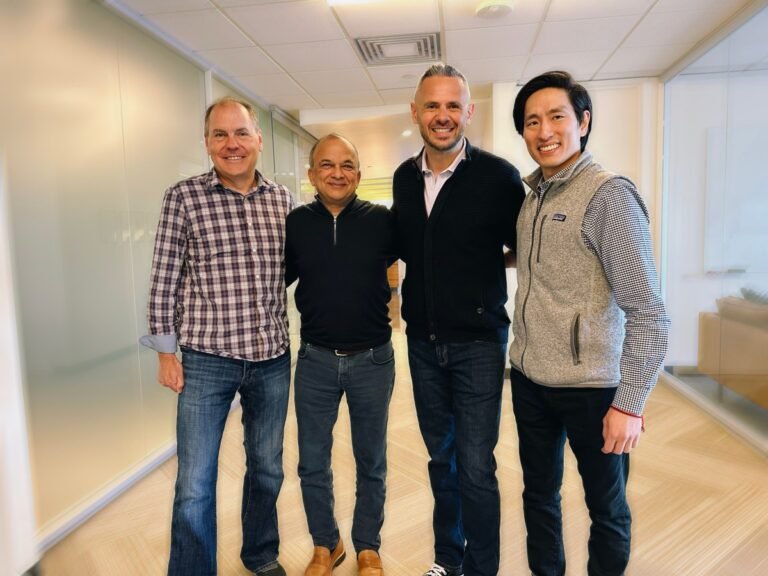
Only a few years ago, one of the hottest topics in enterprise software was ‘robotic process automation’ (RPA).
The rise of generative AI, however, may just be the missing key to building these kinds of systems.
“Last year, generative AI happened and I realized that it unlocks some software scenarios that were impossible before,” Surpatanu said.
You have to combine it with more traditional software if you want to squeeze the best out of it,” he said.
Generative AI, Surpatanu argues, can bring a degree of adaptability to context and an understanding of the user’s intent to these systems that wasn’t really possible before and something that RPA often struggles with.
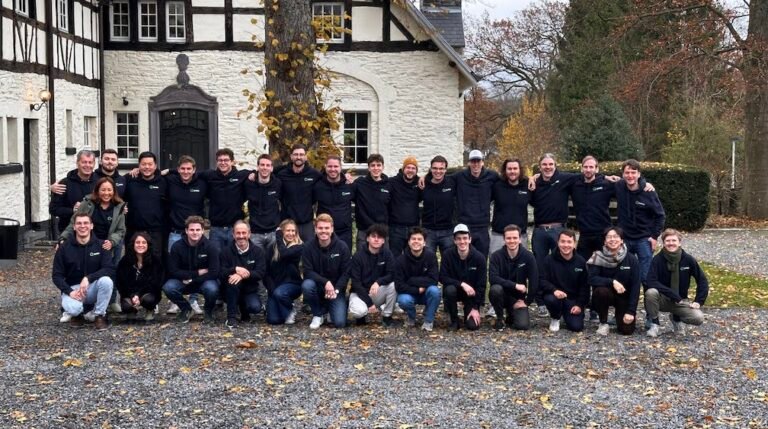
This partly explains why Belgium-based startup Qargo has now raised £11 million ($14 million) in a Series A round led by Balderton Capital.
With the logistics industry facing rising operating costs, decarbonization pressures, hikes in fuel prices and cyber attacks, companies in the space are in tricky times.
There is clear pressure to digitize the industry to introduce cost savings.
While the transport industry does use legacy software platforms like Mcleod Software, Rose Rocket and Dash Doc, many of these platforms are from an earlier era.
In a statement, Rob Moffat, partner at Balderton Capital, said, “Logistics is a $5T market globally but is often overlooked by software companies.













